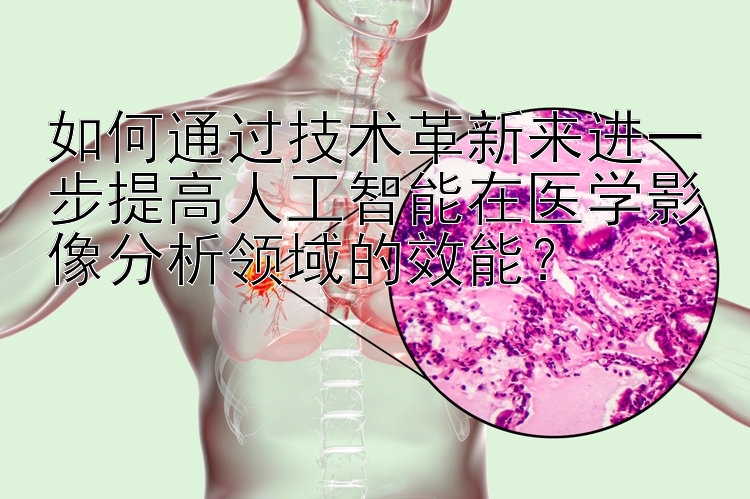人工智能在医学影像诊断中的最新应用有哪些?
随着科技的不断进步,人工智能(AI)正在各个领域展现出巨大的潜力,尤其是在医疗保健行业中。其中,AI在医学影像诊断领域的应用尤为引人注目。通过深度学习算法和大数据分析技术,AI可以辅助医生更快速、准确地解读复杂的图像数据,从而提高疾病的早期检测率和治疗效果。以下是一些关于人工智能在医学影像诊断中的最新应用的例子:
- 肺癌筛查——CT screening for LungRisk of cancer detection:
-
CT screening is one of the most widely used applications of AI in medical imaging. Machine learning algorithms can analyze CT scans to detect signs of early-stage lung cancer with high accuracy, often outperforming human radiologists in both speed and sensitivity. This technology has been approved by regulatory bodies such as the FDA and is becoming increasingly accessible through high-volume screening programs.
-
心脏病风险评估——Cardiovascular risk assessment:
-
AI tools are being developed to assess cardiovascular health from images taken during routine tests like electrocardiograms (ECGs) or echocardiograms. By analyzing these data points, doctors can predict a patient's likelihood of developing heart disease more accurately than ever before, allowing them to intervene earlier with preventive measures or treatments.
-
皮肤癌筛查——Skin cancer screening:
-
Dermatologists use smartphone apps integrated with AI software to examine photographs of moles and other skin lesions. These apps can flag potential issues that warrant further examination by a specialist, helping to reduce the number of missed cases due to human error or misdiagnosis.
-
眼疾诊断——Eye disease diagnosis:
-
Retinal imaging provides valuable insights into overall health, including conditions such as diabetic retinopathy and hypertension. AI systems trained on large datasets of eye scan images can identify abnormalities quickly and reliably, contributing to timely treatment decisions.
-
辅助手术规划与导航——Assisting surgical planning and navigation:
-
Preoperative imaging combined with AI helps surgeons plan complex procedures more precisely. During surgery, real-time image analysis enables accurate tool guidance within the body, reducing risks associated with manual techniques.
-
肿瘤靶向治疗规划——Targeted therapy planning for tumors:
- Radiotherapy planning relies heavily on precise imaging to ensure maximum tumor destruction while minimizing damage to surrounding healthy tissue. AI models assist oncologists in determining optimal radiation doses and beam angles based on intricate anatomical structures revealed by advanced imaging technologies like MRI and PET scans.
While there are many benefits to using AI in medicine, it's important to note that this technology should be seen as a complement rather than a replacement for human expertise. Doctors remain essential in interpreting results and making final diagnoses after considering all available information about each individual patient's case. The integration of AI into clinical practice will likely continue at an accelerated pace as healthcare providers recognize its potential to enhance diagnostic capabilities across various specialties.







